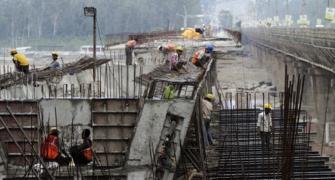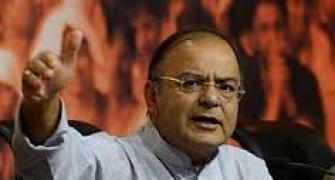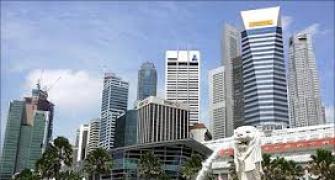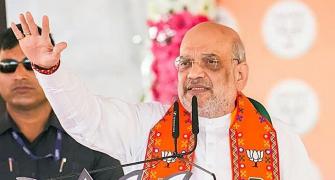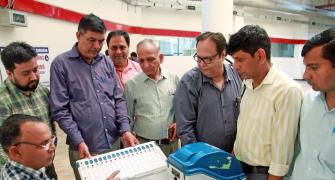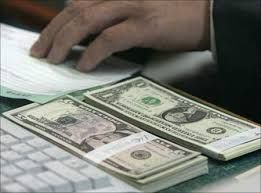 The government is actively considering a proposal to have a separate policy for allowing 100 per cent foreign direct investment in the manufacture of medical devices, through the automatic route.
The government is actively considering a proposal to have a separate policy for allowing 100 per cent foreign direct investment in the manufacture of medical devices, through the automatic route.
Consultations between ministries, led by the ministry of commerce, are on.
A policy and rules could be framed soon, a senior official said.
The aim is to encourage greater investment from abroad in the sector.
The health care and diagnostic segment is growing rapidly, creating a major potential market for manufacturing of medical equipment and medical devices in India.
According to a recent report from The Boston Consulting Group and Confederation of Indian Industry, the medical technology sector in India was estimated at $6.3 billion in 2013, growing annually at 10-12 per cent.
The report says the sector is highly under-penetrated, contributing merely seven to eight per cent of the spending on health care, compared to 18 per cent on pharmaceuticals.
It says the medical technology sector has the potential to touch $50 billion by 2025, if it gets ample government support and clarity, in terms of policy and regulation.
Currently, medical devices come under the purview of the Drugs and Cosmetics Act, and the rules framed under it.
FDI in the sector is governed by the same rules as for pharmaceuticals.
However, the industry of manufacturing medical devices says this does not make sense.
“It is unfair to club medical devices with drugs.
"Misclassification of devices as drugs leads to operational challenges and delays,” says Himanshu Baid, managing director of Poly Medicure.
Also, in the case of drugs, the FDI norms are stricter and also seen to lack clarity.
Though the government allows 100 FDI in pharma, it differentiates between that for setting up a new facility and expansion of an existing one.
FDI for the former is allowed through the automatic route; that for the latter has to be approved by the Foreign Investment Promotion Board and Competition Commission of India.
“Unlike pharma, FDI in medical devices will be essentially in greenfield (new) projects because there is no question of brownfield (expansion),” the official said, adding there was complete understanding on the issue within the government and, therefore, a resolution was on course.
Currently, India imports around 70 per cent of the medical devices used here.
On the other hand, domestic pharma companies are major exporters of essential medicines to the world.
The official says the government realises that the medical devices industry has suffered due to lack of specific norms and policy.
“Investments in greenfield medical devices projects have been impacted because of clubbing of the industry with drugs.
"A separate policy will certainly boost investment and generate interest in the sector,” he added.
Says the report mentioned earlier: “Attracting large global companies will create a base, which will then build up the components ecosystem.
This, in turn, will enhance local capabilities and help local companies build their access to components, and greatly enhance the manufacturing capability.”
MEDICAL TECHNOLOGY SECTOR FACT SHEET
- Currently pegged at $6.3 billion, growing 10-12 % annually
- Has potential to touch $50 billion by 2025
- Globally, medical technology market is expected to be worth over $600 billion by 2025
- Currently, the sector remains under-penetrated in the domestic market, contributing 7-8% of the health care spend against pharma’s 18%
Source: ‘Medical Technology: Vision 2025’ by BCG and CII


